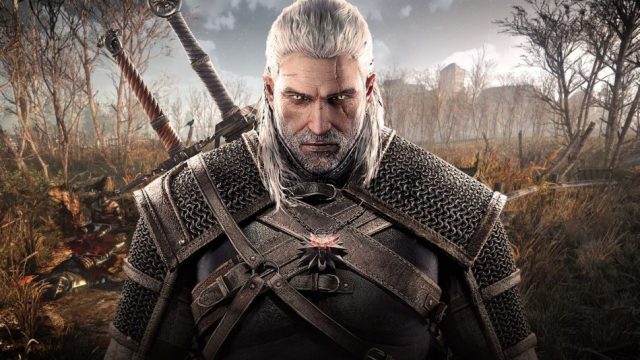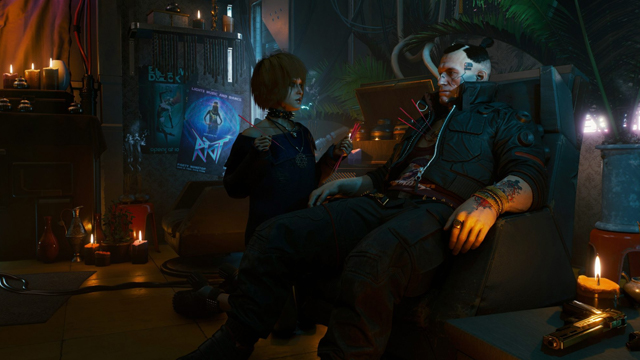For the morally bereft, leaning into divisive and exclusionary politics can be a lucrative pursuit. We’ve seen it on YouTube, Twitter, and across various websites, with the thrifty capitalizing on angry comments sections in order to shift their wares or create substantial fanbases. However, with GOG‘s recent tweet, we have once again seen one of PC gaming’s largest digital distribution platforms echo the social media presence of an internet troll.
Earlier this week, the New York Times published a story reporting that the Trump administration was looking to redefine transgender out of existence. In a memo draft obtained by the publication, it was stated that the administration’s Department of Health and Human Services is looking to “define sex as either male or female, unchangeable, and determined by the genitals that a person is born with.” The report adds: “Any dispute about one’s sex would have to be clarified using genetic testing.” These rules would effectively overturn progress made for the LGBT community during the Obama administration.
With this threat on their identity potentially becoming a reality, those hoping to raise awareness began posting using the hashtag #WontBeErased. The GOG Twitter account then seized this tasteless and classless marketing opportunity, tweeting: “Classic PC games #WontBeErased on our watch. Yeah, how’s that for some use of hashtags.”

GOG, a subsidiary of CD Projekt Red with just under 300,000 followers on Twitter, commented on criticisms leveled against it in a separate tweet. This tweet didn’t come with an apology, but rather the suggestion that the social media manager wasn’t weighing in on current events.
“Yesterday, we posted a tweet containing a trending hashtag as a pun,” GOG said. “The tweet was neither intended as a malicious attack, nor as a comment to the ongoing social debate. GOG should focus only on games. We acknowledge that and we commit to it.”
Both CD Projekt Red and GOG have been accused of veering into exclusionary politics on social media this year, with CDPR tweeting, “Did you just assume their gender?!” in August. In July, GOG tweeted a screenshot from Postal 2 in which the player-character urinates on a gravestone marked ‘Games Journalism — Committed Suicide, August 28, 2014,’ a reference to GamerGate.
VG247 pulled its support and coverage of GOG.com following this tweet, saying: “GamerGate has destroyed lives, and we’re very disappointed that GOG has furthered the divide between those who cover games and a vocal minority that hates games journalists, women, and minorities.” GOG later apologized in a series of tweets, stating that its “intention was never to hurt or condone hate.”
However, GOG’s claim that its latest controversial tweet was a mistake is questionable. Jumping on this hashtag, one reserved for discussion regarding the Trump administration’s potential plans to strip away trans rights, is seen as more than just a marketing tool by those who hold anti-LGBT opinions. It’s seen as a dog-whistle for their regressive views, intended to undermine #WontBeErased and this new threat to trans US citizens.

But it’s just a tweet, right? For those who aren’t directly affected by the plans outlined in the Trump administration’s memo, then yeah, it can be perceived as “just a tweet.” However, for LGBT gamers who are affected by news like this, GOG signaling to those who don’t want them to exist is much more than a tweet. Whether intentional on GOG’s behalf or not, it’s seen as an admission of the company’s political leanings. And, like the CD Projekt Red tweet before it, these leanings can be perceived as anti-trans.
CD Projekt Red is developing arguably the industry’s most highly anticipated upcoming game. Following the success of The Witcher 3, all eyes are on Cyberpunk 2077 to be a groundbreaking open-world RPG. This makes the social media conduct employed on both its own Twitter account and GOG’s troubling — not only does it represent the company, but it also represents what is soon to be one of the most well-known names in the industry. That whoever is in charge of these accounts finds it acceptable to use these “puns,” openly cracking jokes at the expense of marginalized people in order to shift PC games, shines an incredibly negative light on the company that keeps allowing it to happen.







